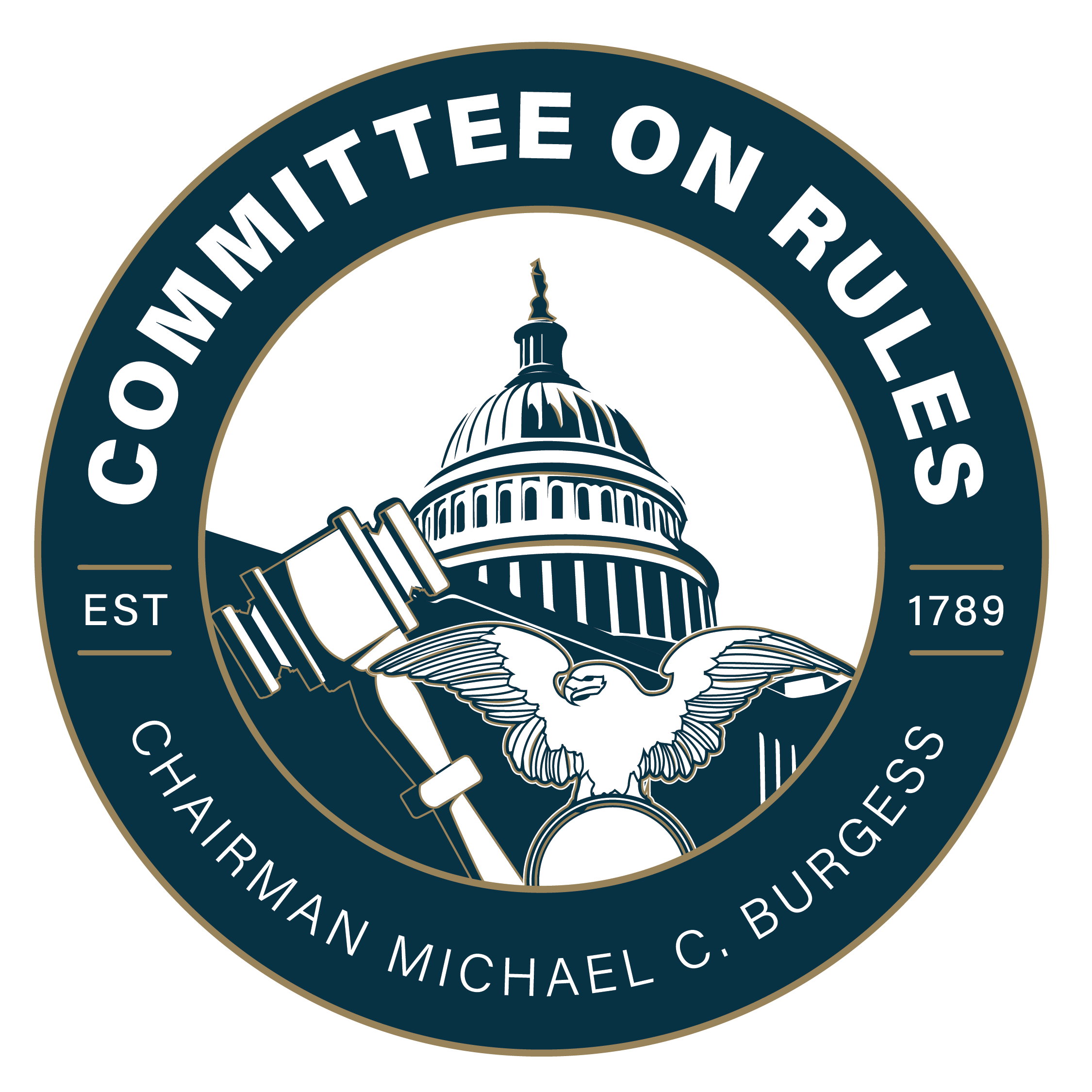June 10, 2019
AMENDMENT PROCESS FOR
H.R. 3055 – Commerce, Justice, Science, Agriculture, Rural Development, Food and Drug Administration, Interior, Environment, Military Construction, Veterans Affairs, Transportation, and Housing and Urban Development Appropriations Act, 2020
Dear Colleague:
The Committee on Rules is likely to meet the week of June 17 to grant a rule that may provide a structured amendment process for floor consideration of H.R. 3055 – Commerce, Justice, Science, Agriculture, Rural Development, Food and Drug Administration, Interior, Environment, Military Construction, Veterans Affairs, Transportation, and Housing and Urban Development Appropriations Act, 2020. To help ensure Members draft their amendments properly and promptly, please see the following guidance:
- Members must draft their amendments to Rules Committee Print 116-18, which contains the text of H.R. 3055 (Commerce, Justice, Science), H.R. 3052 (Interior), H.R. 3164 (Agriculture) H.R. 2745 (Military Construction and Veterans Affairs), H.R. 3163 (Transportation, Housing and Urban Development) as reported by the Committee on Appropriations with modifications, which is available on the Rules Committee website. When submitting an amendment, Members must identify which division the amendment modifies.
- Members must submit a searchable electronic PDF of the amendment, via the Rules Committee’s website. They must also submit 15 hard copies of the amendment, one copy of a brief factual explanation of the amendment, and an amendment login form to the Rules Committee in room H-312 of the Capitol by 11:00 a.m. on Thursday, June 13 2019. Both electronic and hard copies must be received by the date and time specified. It is essential that all amendments be received by the deadline to ensure proper consideration.
- The rule will follow the prior practice of preventing amendments, offsets, or transfers between divisions. It is the Committee’s intent that amendments affecting more than one division of the bill will not be made in order. For example, amendments may not transfer funds from an account in the Defense division to an account in the State and Foreign Operations division.
- Limitation, “reach-back,” and across-the-board cut amendments intended to affect multiple divisions, must be submitted as separate amendments to each division. Any amendment that would traditionally come at the end of a bill should be drafted to the end of the relevant division.
- Members should use the Office of Legislative Counsel to ensure that their amendments are drafted in the most appropriate format. To help expedite drafting requests, drafting templates can be found on the Rules Committee website. If the Office of Legislative Counsel is unable to provide their drafting services before the submission deadline, Members may submit amendments written using the posted templates. Members are urged to re-submit any such amendment as a revision upon receipt of a formal draft from the Office of Legislative Counsel.
- Members should also check with the Committee on Appropriations for technical and subject matter expertise and the Congressional Budget Office for a preliminary assessment of their amendment’s budgetary effect. Additionally, Members should consult with the Office of the Parliamentarian and the Committee on the Budget to be certain their amendments comply with the rules of the House and the Congressional Budget Act. At times of particularly high-volume amendment drafting, these offices may not be able to provide guidance before the submission deadline—Members may submit unreviewed amendments to the Committee.
- The Rules Committee does not intend to make in order amendments that are in violation of House rules or budget rules and would require a waiver.
If you have any questions, please contact the Committee staff at 225-9091.
Sincerely,
James P. McGovern

